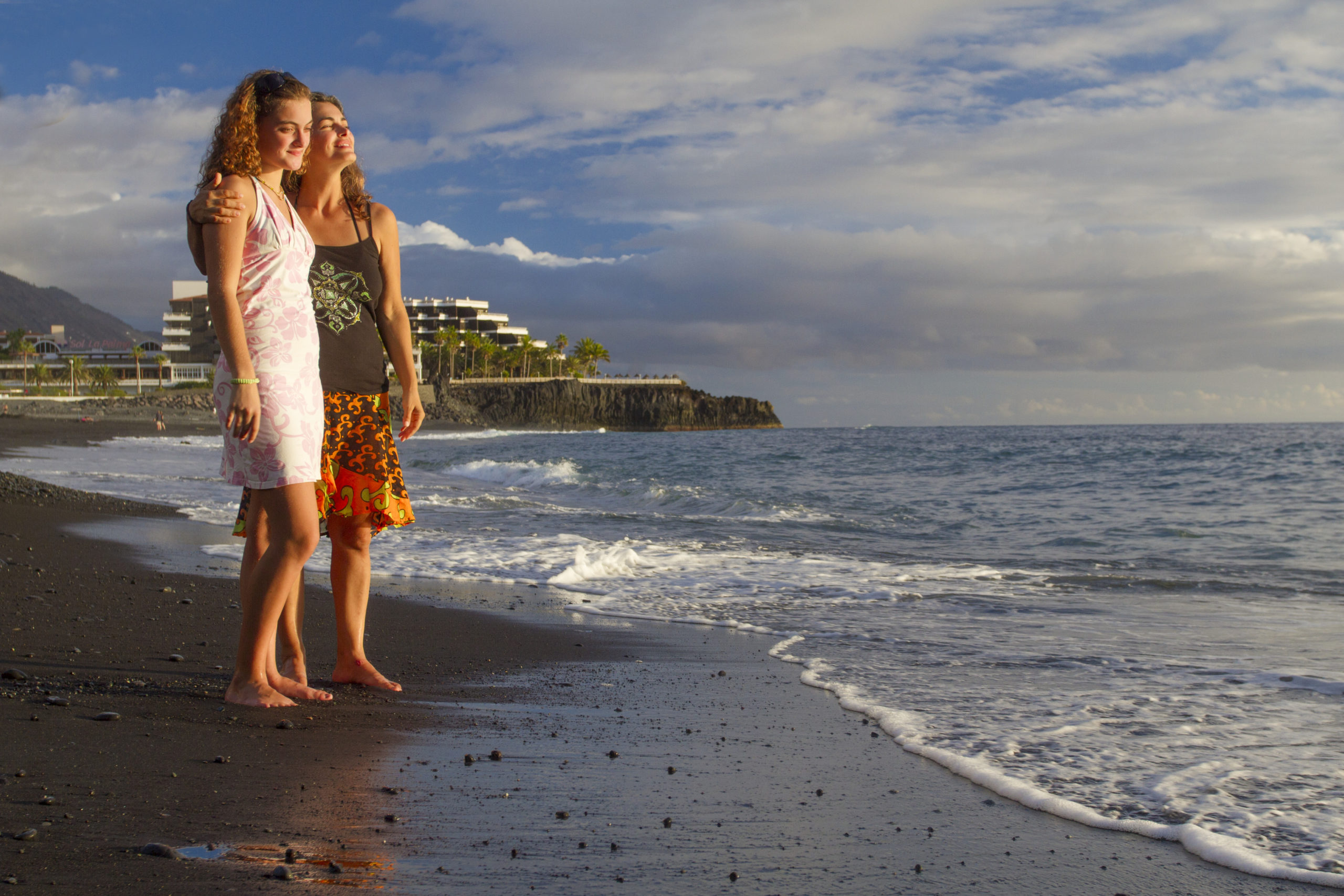The Canary Islands have a long and illustrious history of embracing diversity and fostering a welcoming environment for the LGBTQIA (lesbian, gay, bisexual, transgender, queer/questioning, intersex, and asexual) community. From ancient times to the present day, the islands have been a haven for self-expression, acceptance, and celebration. As part of ongoing celebrations of Pride Month, today we explore the fascinating history and vibrant celebration of the LGBTQIA community in the Canary Islands.

A History of Acceptance
The cultural heritage of the Canary Islands plays a significant role in the acceptance of diverse sexual orientations and gender identities. The indigenous Guanche people, who inhabited the islands before the Spanish conquest, had a more fluid concept of gender and sexual identity. Their beliefs and practices recognized and respected individuals who did not conform to binary gender roles, and they were considered valuable members of their communities.

Spanish Influence and Social Change
Following the Spanish conquest in the 15th century, the islands became part of the Spanish Empire, and Catholicism became the dominant religion. Despite the influence of conservative religious values, the Canarian society has evolved over time, developing a reputation for being more tolerant and accepting compared to other regions of Spain.
The LGBTQIA community began to emerge in the late 20th century, with the formation of advocacy groups and organizations promoting equality and human rights. The fight for LGBTQIA rights gained momentum, thanks to the gradual changes in Spanish legislation, such as the decriminalization of homosexuality in 1979 and the legalization of same-sex marriage in 2005.
Pride and Visibility
The emergence of LGBTQIA Pride events in the Canary Islands has played a crucial role in fostering a sense of community, visibility, and acceptance. Tenerife and Gran Canaria, the two largest islands in the archipelago, are renowned for their vibrant Pride celebrations, attracting both locals and visitors from around the world.
The Maspalomas Pride in Gran Canaria, one of the most significant LGBTQIA events in Europe, draws crowds of hundreds of thousands each year. The festivities feature colorful parades, live music, drag performances, film screenings, and art exhibitions. This celebration provides an opportunity for individuals to express their identities freely while raising awareness about LGBTQIA issues and promoting equality.
In addition to Pride events, the Canary Islands host a wide range of LGBTQIA-friendly establishments, including bars, clubs, and restaurants that cater specifically to the community. The nightlife scenes in cities like Las Palmas and Santa Cruz offer a welcoming environment for LGBTQIA individuals and contribute to the archipelago’s reputation as a queer-friendly destination.

Equality and Legal Protections
The Canary Islands, like the rest of Spain, have made significant strides in terms of legal protections and equality for the LGBTQIA community. Spanish law prohibits discrimination based on sexual orientation and gender identity in employment, housing, and public services. The islands also provide legal recognition and protection for same-sex couples, including the right to adopt children and access assisted reproduction services.
Moreover, the Canary Islands have implemented comprehensive anti-bullying and anti-discrimination policies in schools, aiming to create safe and inclusive educational environments for LGBTQIA students. This commitment to equality has helped foster a more accepting society that embraces diversity in all its forms.
Tourism and LGBTQIA-Friendly Destinations
The Canary Islands’ reputation as a welcoming and inclusive destination has made it a popular choice for LGBTQIA travelers from around the world. The archipelago’s warm climate, stunning natural landscapes, and LGBTQIA-friendly establishments attract a diverse range of visitors seeking a relaxed and accepting atmosphere.
The tourism industry in the Canary Islands has actively embraced the LGBTQIA community, with hotels, resorts, and travel agencies marketing themselves as LGBTQIA-friendly destinations. This approach has not only boosted tourism revenue but has also contributed to creating a more open and accepting environment for locals and visitors alike.
For more information on Pride Month in the Canary Islands, click here.
